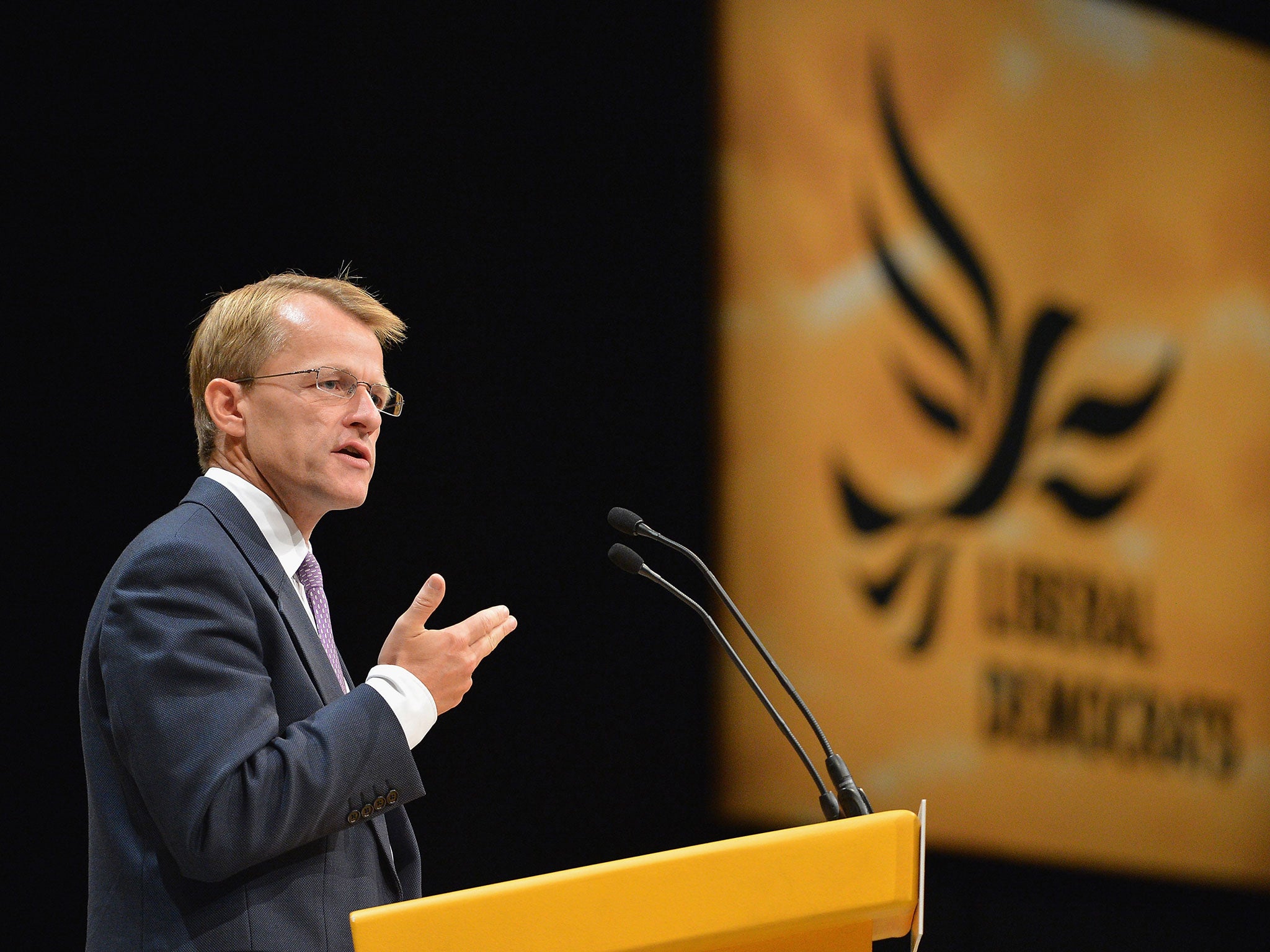Save curriculum from the whims of politicians, says David Laws
Liberal Democrat Schools minister calls for brake on 'corrosive impact' of political meddling in schools policy

Schools should be protected from the “whims of here-today, gone-tomorrow politicians” in deciding on curriculum content and whether standards have improved, David Laws has declared in an apparent attack on the regime of the former Education Secretary Michael Gove.
The Liberal Democrat Schools minister said he wanted a brake on the “corrosive impact” of self-interested political meddling in schools policy. Mr Laws called for an Education Standards Authority to be set up, staffed by independent education experts, with the task of determining curriculum content and measuring whether school standards had improved or not.
His call will be interpreted as a thinly veiled criticism of Mr Gove, his former boss at the Department for Education, who came under intense criticism from teachers and educationalists. “We’ve had in this Parliament parts of the English and history curriculum decided… on the whim of here-today, gone-tomorrow politicians down to the level of what works of English literature should be taught,” Mr Laws said.
He told the BBC that giving politicians control over what was taught in the curriculum was “completely inappropriate”, adding that parents would have more confidence in a system which had less “political interference”.
He said there was still a role for politicians in determining an overall strategy, but that “ministers float in and out of the department, often for quite short periods of time”, which created “too much turbulence”. “We don’t want decisions over standards and assessments to be made by politicians who are essentially marking their own work,” he said. “We all have a strong incentive to say that the previous government was hopeless and any improvement was down to grade inflation… We will have a better education system if the degree of political volatility is reduced and policy making is based according to evidence.”
Mr Gove’s reforms on the English GCSE syllabus were particularly controversial, with the decision to concentrate on British writers leading to exam boards withdrawing popular US novelists such as Harper Lee, John Steinbeck, Arthur Miller and F Scott Fitzgerald from the curriculum.
However, Mr Gove always argued his reforms were never meant to lead to a ban on US authors – and criticism of political meddling in the curriculum pre-dates Mr Gove’s reign. Labour was criticised for a redrafting of the history curriculum which left Winston Churchill out of the subjects to be studied in lessons on the Second World War.
Join our commenting forum
Join thought-provoking conversations, follow other Independent readers and see their replies
Comments
Bookmark popover
Removed from bookmarks